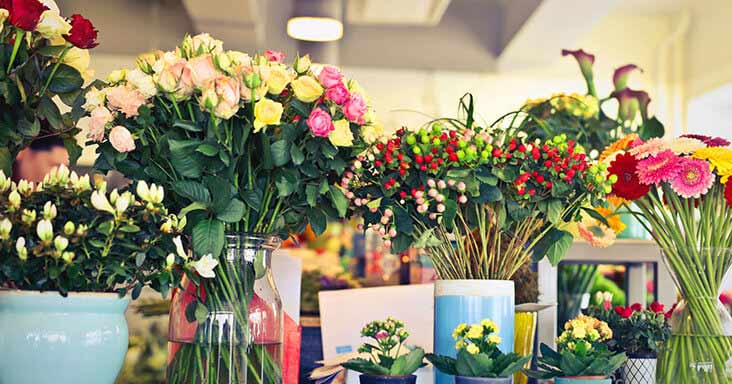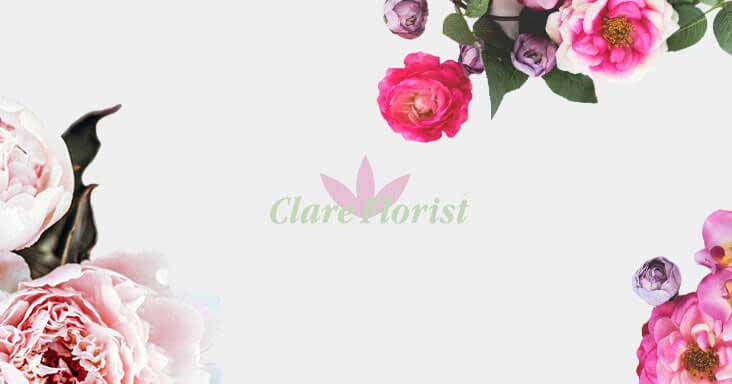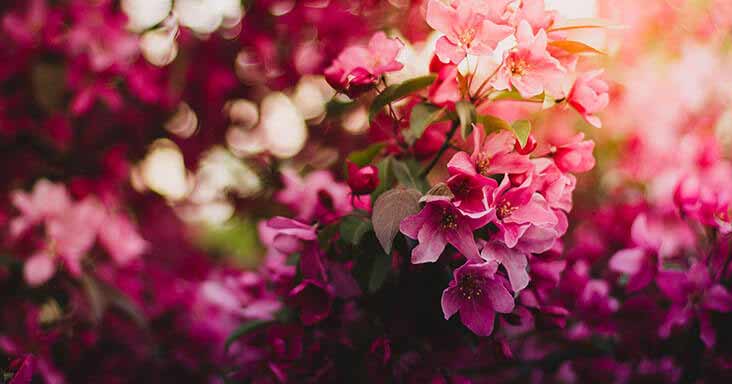"For most of history, Anonymous was a woman."
— Virginia Woolf
Nearly a century ago, on March 8th 1908, 15 000 women marched through the streets of New York City demanding shorter hours, better pay and the right to vote. The following year Americans celebrated the first National Women's Day, and the year after that, at a Socialist International meeting in Copenhagen, it was proposed and agreed that an International Women's Day should be established, to support women's suffrage and honour the women's rights movement. Women from seventeen different countries supported the idea and in 1911 International Women's Day was celebrated in Austria, Denmark, Germany and Switzerland. Men and women together attended rallies calling for an end to discrimination; for women's rights to work, vote, be trained and hold public office to be honoured. In subsequent years the tradition spread to other European countries and to Russia and it has since become an official holiday in nations as far flung as Armenia, Azerbaijan, Belarus, Bulgaria, Kazakhstan, Kyrgyzstan, Macedonia, Moldova, Mongolia, Tajikistan, Ukraine, Uzbekistan and Vietnam. The occasion is marked with performances, film showings, music, parades and many other events. Find out what's happening near you here. On a more personal level, women are recognised and celebrated on this day by the men and children to whom they are mothers, wives, girlfriends, sisters, colleagues and friends, through the giving of flowers and small gifts. If only those who dedicated themselves to improving the lives of women could see how far we have come in the past century. I wonder how things will change in the next hundred years...
"Male and female represent the two sides of the great radical dualism. But in fact they are perpetually passing into one another. Fluid hardens to solid, solid rushes to fluid. There is no wholly masculine man, no purely feminine woman."
— Margaret Fuller




